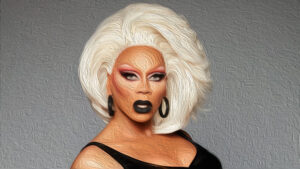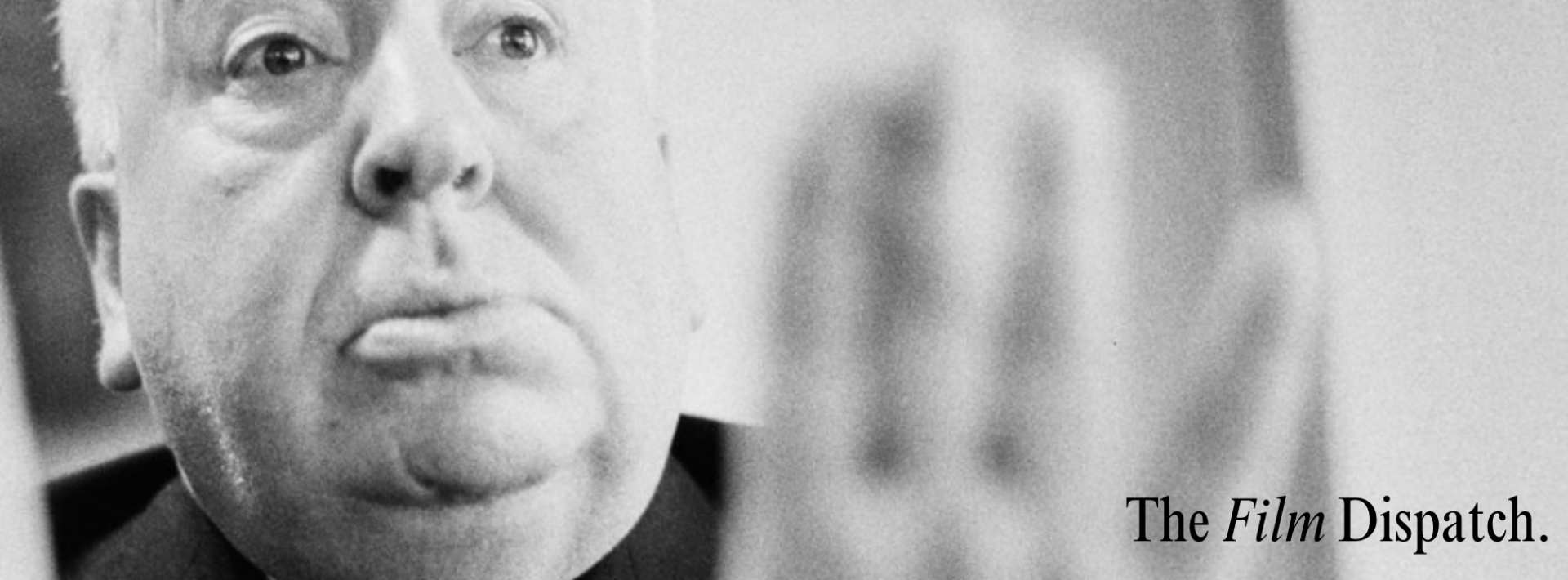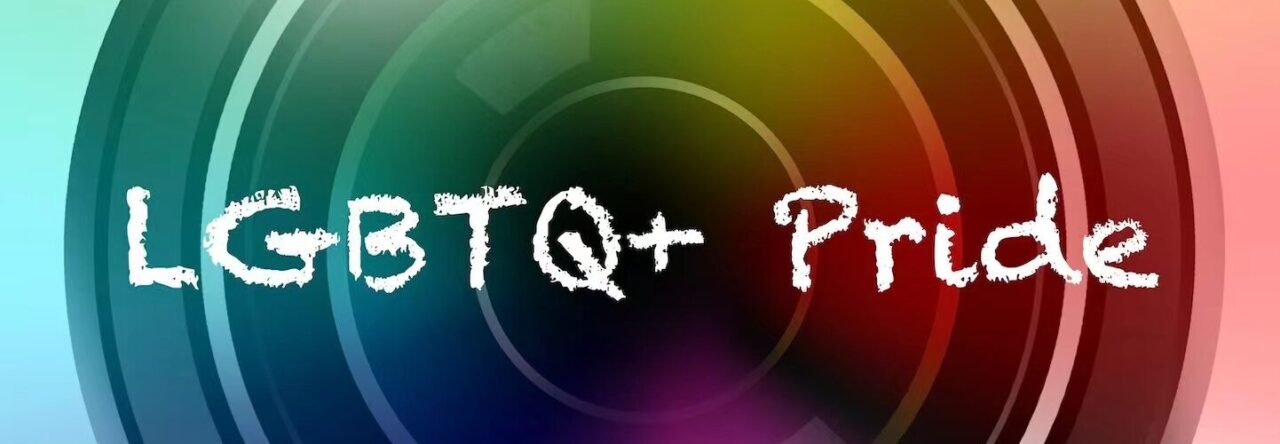Drag. What started as an acronym for “dressed as a girl” in recent history has grown to be one of the most powerful tools for queer expression, queer joy, and motivating political change.
Drag queens have always been some of the most influential people for queer rights, specifically BIPOC Drag queens have pioneered some of the greatest change. Going all the way back to the 1969 Stonewall Riots in New York City, Marsha P (for pay it no mind) Johnson was one of the most prominent figures in fighting for LGBTQIA+ rights. Johnson alongside Sylvia Rivera, both Drag queens, were founding members of both the Gay Liberation Front and the Street Transvestite Action Revolutionaries (STAR), and went on to help establish the STAR house for homeless gay and trans youth. Following the anniversary of the Stonewall riots became Christopher Street Liberation Day, on June 28th 1970, the first Gay Pride marches taking place in New York, Los Angeles and Chicago. The work of the LGBTQIA+ community began to finally start paying off, as this became a major turning point for queer liberation. The Drag community having been a large part in the origins of pride, the next major turn would come from RuPaul, arguably the most influential drag queen of all time.
RuPaul has been famous in the Drag community for decades (1987 was her major break into the mainstream, but if she asks, the correct response is that she is ageless and young). RuPaul had her break through to fame with her first hit, Supermodel (You Better Work), and went on to produce more music, appear in TV shows, films and had her own talk shows which have since transitioned to podcasts. RuPaul has appeared in RuPaul is: Starbooty! (1987, Jon Witherspoon), The Brady Bunch Movie (1995, Betty Thomas), To Wong Foo Thanks for Everything! Julie Newmar (1995, Beeban Kidron), Red Ribbon Blues (1995, Charles Winkler) and many more films. However, arguably her largest contribution to drag, and the larger queer community has been the TV program RuPaul’s Drag Race. Drag Race has been running for over 21 seasons in the US alone combining All Stars with the traditional seasons. Drag Race has also expanded to the UK, Downunder – which encompases Australia and New Zealand (both of which RuPaul judges) – Canada, Holland, Spain, Italy, The Philippines, Thailand, France and with plans to start in Sweden and Belgium.

Drag Race as a franchise has helped to popularize the art of drag, and bring it to the forefront of the mainstream. Drag shows have been part of queer night life for decades, yet bringing Drag to TV meant it became accessible to a wider audience, reaching a younger population as well as becoming more of a family event. Drag Race has helped to expand the opportunities of drag queens as well as launch the careers of hundreds of queens around the globe. Drag Race and RuPaul have their critiques, with many finding elements of the show problematic and RuPaul as profiting too much off of the trauma and work of other queens. These critiques are necessary and definitely have elements of truth, however Drag Race has done so much for so many queens as well as viewers that these accomplishments should not be looked over. The power of televising Drag Race has allowed audiences to introduce their families to Drag, to engage with queer culture more easily, to have powerful positive representations of the queer community, and most importantly having a recurring queer show that celebrates queerness.
Drag Race is loved by a wide community for many reasons. The humor and fashion in the show are arguably the most popular reasons, every episode there are fashion runways where queens display themed looks to be judged by a panel. Each week their runway looks are judged in unison with their performance in a weekly challenge, most popular of these challenges is Snatch Game, where the queens do a comedic celebrity impression. The judges’ panel has new guest judges weekly, adding a star element to the show. The fashion and the humor presented in each episode are universal bonding elements – humor breaks down barriers for most people, and interesting fashion is more often than not enjoyable to most people. By using these elements, Drag Race appeals to a wider audience of people who may have begun watching unwillingly. RuPaul consistently features families on the show who have transitioned into fans of the show over time. Drag Race is an easy way to be introduced into the wider scope of queer culture, its an essential intro course.
Because of television shows such as Drag Race, Dragula, Pose, AJ & The Queen, and more there are now endless opportunities for Drag queens. The future for Drag looks bright, with queens appearing in more films (Shangela and Willam appeared in A Star is Born), more tv shows (Eureka and Trixie Mattel appeared in American Horror Story), modeling for fashion lines (Shea Couleé, Gigi Goode, Jaida Essence Hall, Gotmik, and Symone have all modeled for Fenty x Savage), appearing in more music videos, many have begun podcasts or Youtube channels and even more. Drag’s presence in the visual and social world has exponentially increased the opportunities for queens all over the globe. Not only has the presence of Drag queens in media helped these queens to gain greater opportunities, and reach wider audiences, but it has helped Drag become a much larger part of the mainstream and gain greater acceptance and appreciation. Drag is an art form, and it deserves to be appreciated in all of its expressions. Drag queens are large proponents for political change and queer rights and they continue to be impactful with greater reach. The impact of visual representations of queer expression and queer joy has helped in the greater fight for equality, and Drag queens continue to be at the forefront of the movements.
Written for The Film Dispatch by Grace LaNasa.

